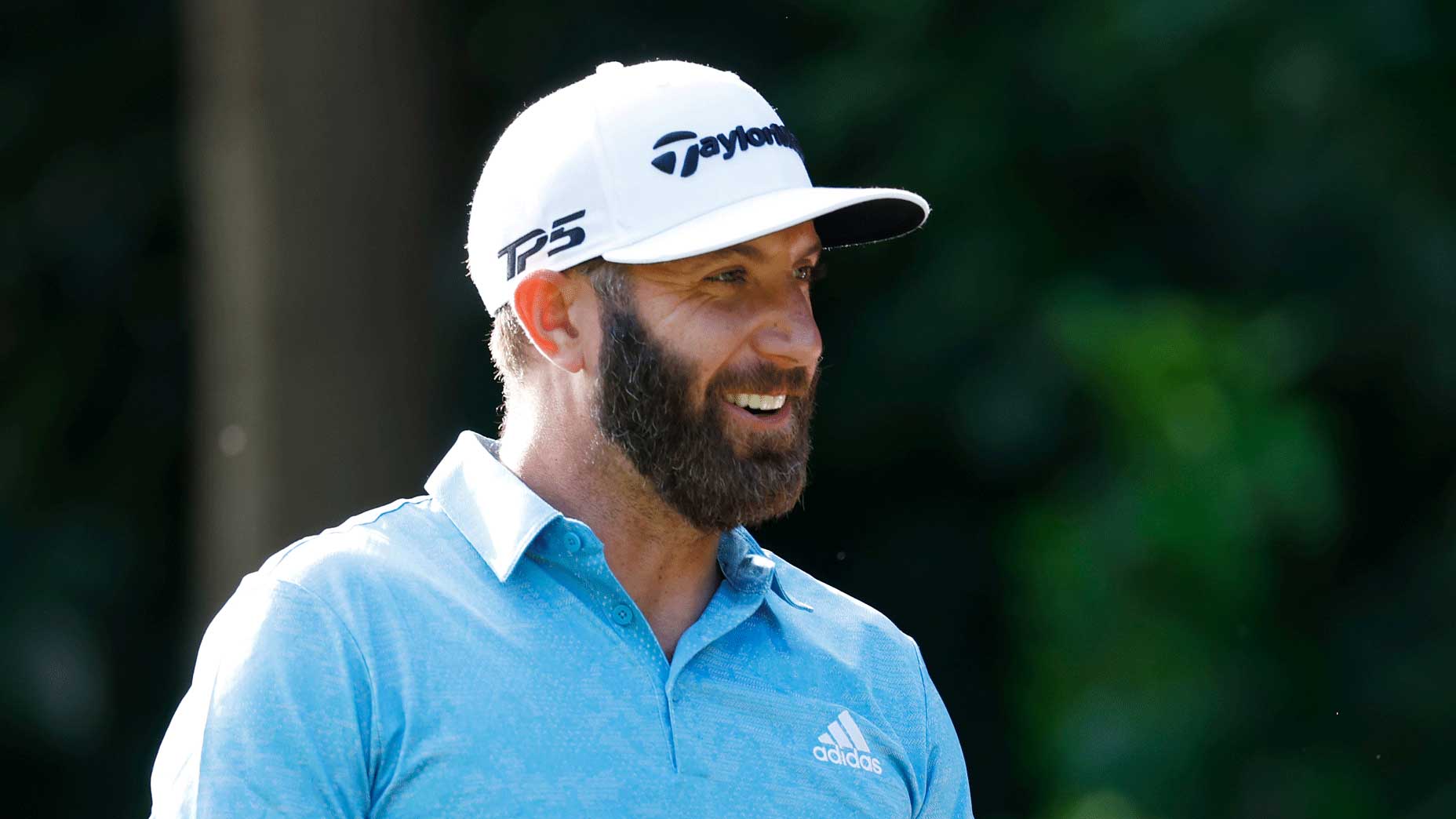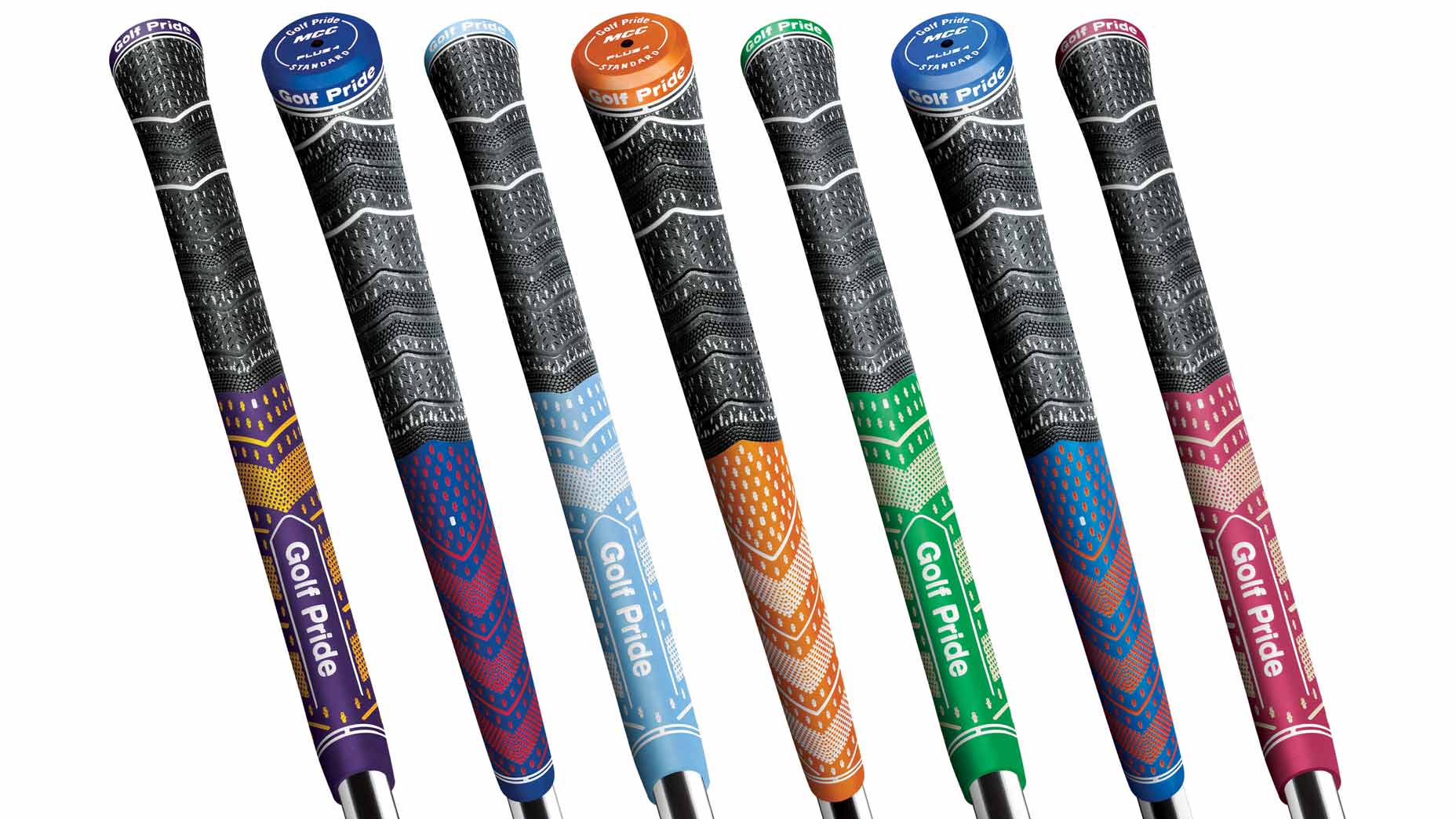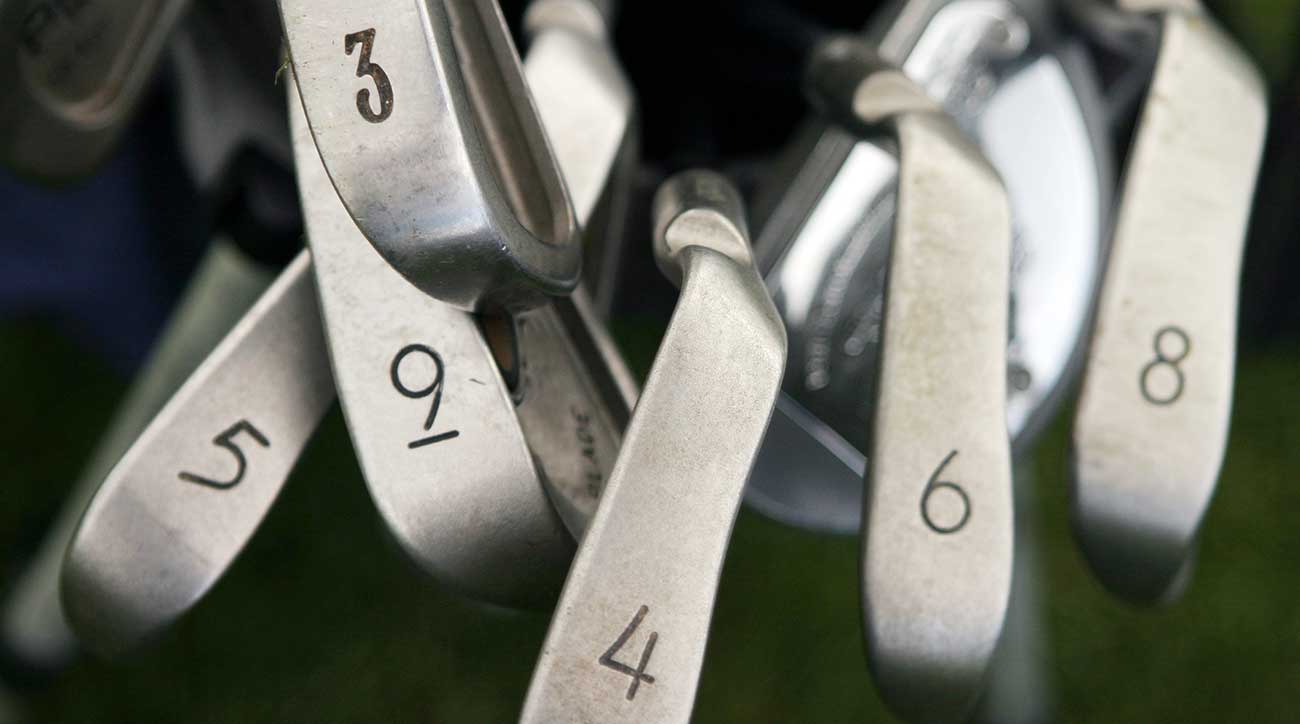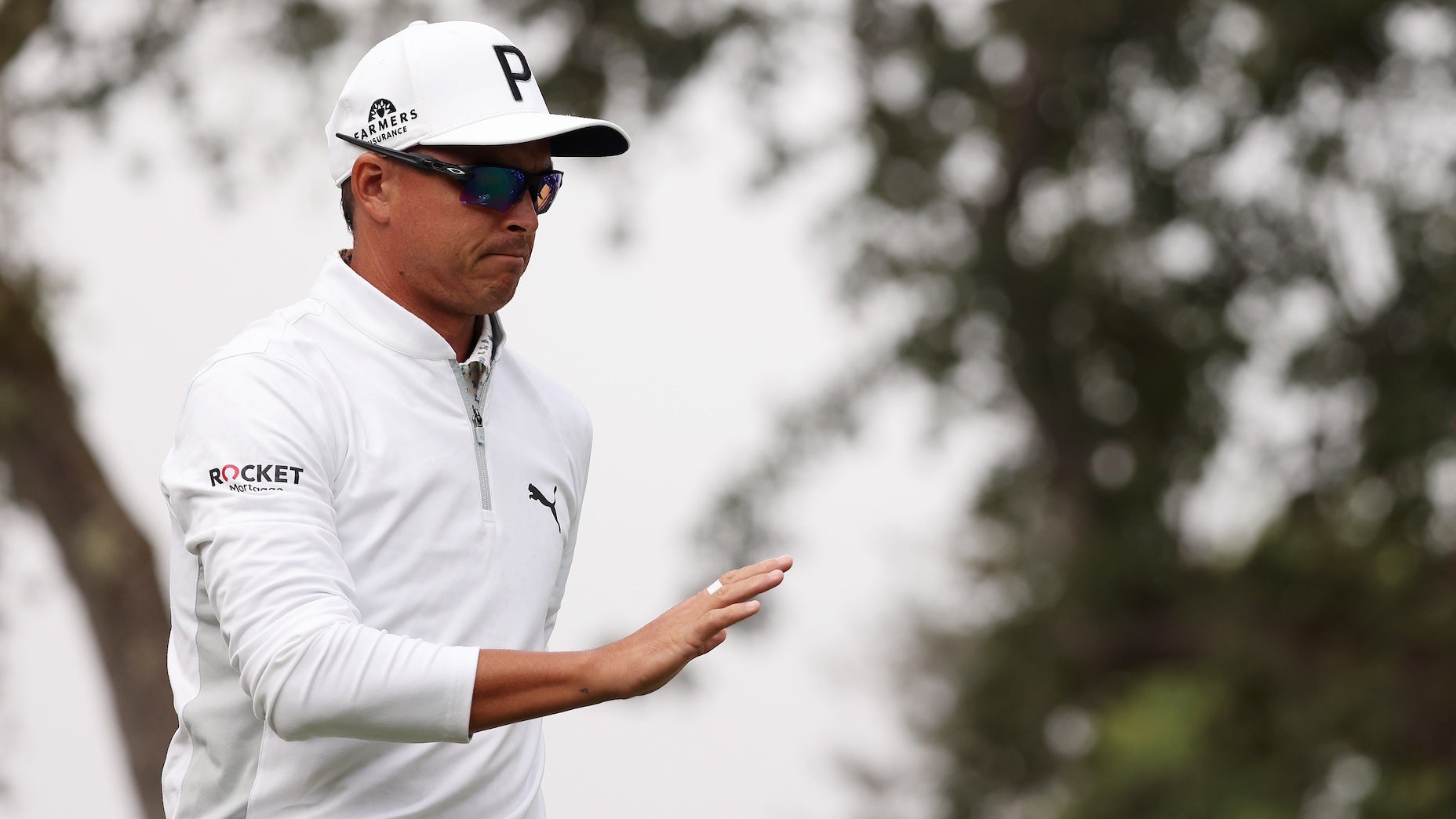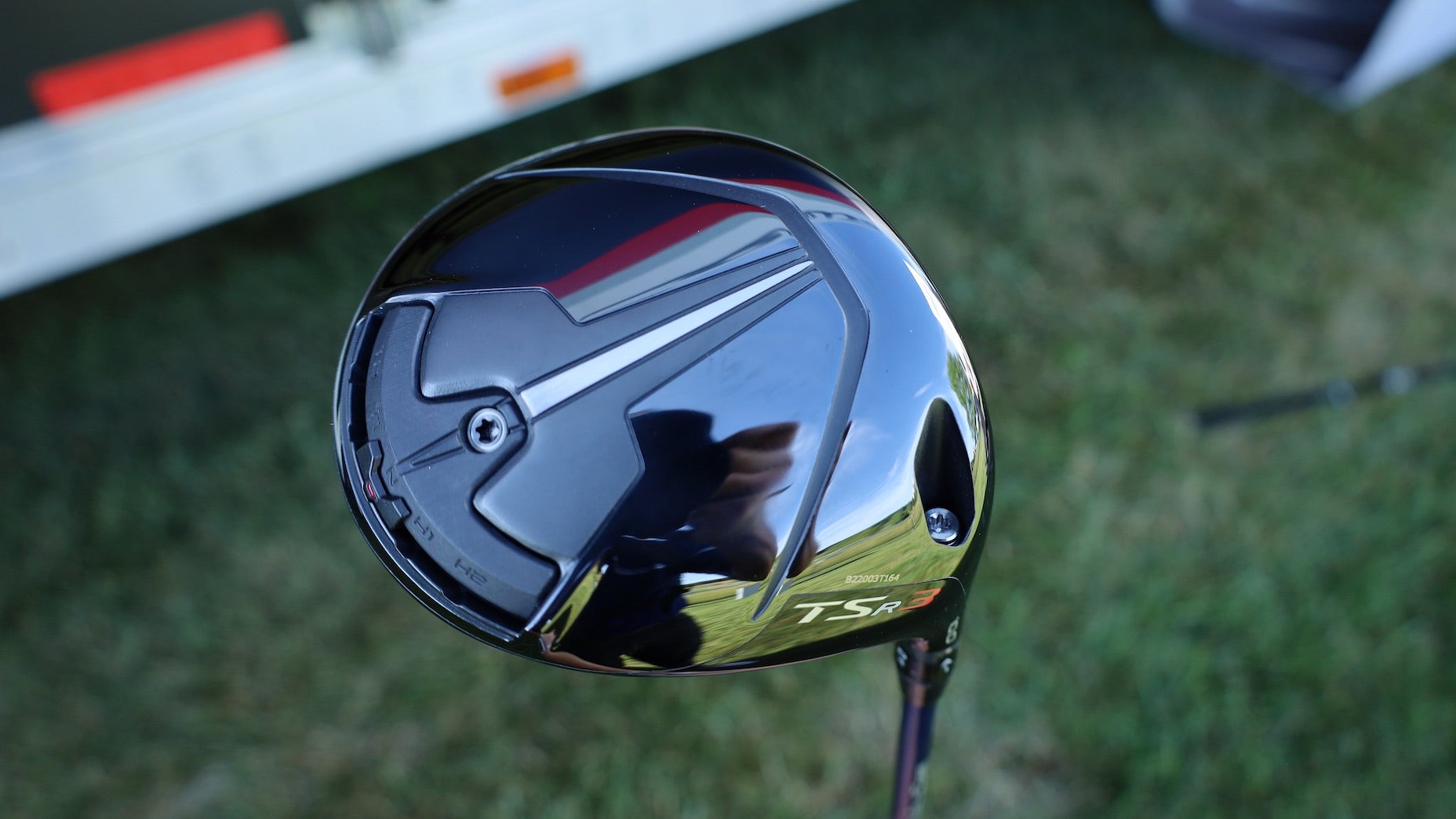Here’s why it’s worth going through a club-fitting — even if you’re a novice golfer

Think your game isn't good enough for a professional fitting? It's time to reconsider that notion and embrace the benefits.
Getty Images
Welcome to Fit Factor, a new GOLF.com series in which we’re shining a light on the importance of club fitting, powered by insights, data and other learnings from the experts at our 8AM Golf sister company, True Spec Golf.
***
In a recent episode of GOLF’s Fully Equipped podcast, we grilled True Spec’s VP of Tour and Education, Kris McCormack, on some common club-fitting questions. We’re continuing the discussion with a popular one from beginners: Do I really need to undergo a club-fitting?
For more than a decade, Kris McCormack has heard the same excuse from beginner golfers when it comes to professional fittings: I’m not good enough for custom clubs. From the perspective of the novice golfer, it makes total sense. Your game is evolving and there’s really no need to go through a fitting — yet.
No one expects you to have all the answers and know the best set makeup for your game. You’re still learning and getting a better handle on proper swing mechanics.
But here’s the thing: If you’re playing with a set of clubs that don’t fit your swing, there’s a good chance you’re making unnecessary adjustments to, say, get the ball airborne and going in the right direction. The length and lie angle on your irons could be off. The driver shaft flex is too stiff. Or maybe you’re using a set of better-player irons when you really need super game-improvement sticks.
If you don’t have time for lessons, going through a professional club-fitting will give you a fighting chance to keep it on the map as your swing improves.
“If you are a 120 shooter with a 100-yard slice and you come to see me, all of a sudden, without making any swing improvements, that 100-yard slice turns into a 40-yard slice, making the exact same swing, are you going to play better golf? Most people would say yes,” said McCormack. “That ball is at least still in play, most places. With that being the case, I can take a player that, as long as they can get it airborne and forward, I can make them play better golf just by fitting for how their body naturally wants to move.”
We’ve discussed the importance of lie angle in this space before. Simply getting your current set bent to your specs could make it easier to find the center on a more frequent basis. A fitter will also notice more subtle issues like worn grips and how a loft adjustment to your driver could increase carry. These are all things a novice golfer won’t pick up on without a second set of eyes.
Something else to consider? Maybe you’re better off using fewer clubs at the outset and increasing your set as time goes on.
“You look at those players who only hit their driver 210 yards — there’s not really a reason to have a 14-club set in your bag,” McCormack said. “We could figure out that 8 clubs gives you all the distance gaps that you need. It makes the game more fun and simple.”
Simplifying the game is never a bad thing. And in some cases, it could lead to lower scores in the near-term. Having a certified fitter who knows what to look for can make a huge difference when it comes to pinpointing those blind spots.
Your game might not be to the point where you feel comfortable springing for a brand-new set of clubs, but don’t discount the benefits that can be had by simply going through a thorough fitting.
Looking for the perfect clubs for your game? Head over to True Spec Golf to book a custom fitting. And for more gear news and information, check out our latest Fully Equipped podcast in the Spotify embed below.

